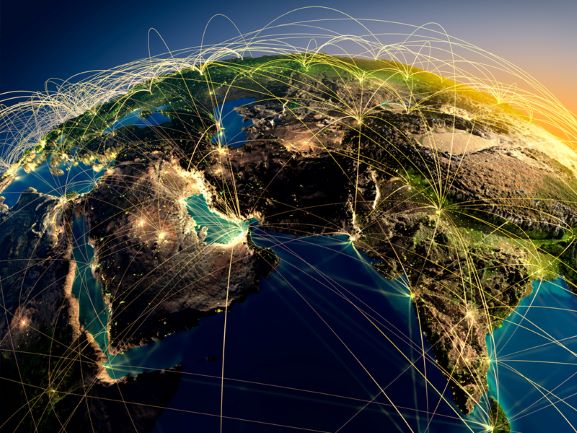Jakarta: The fundamental freedoms of association, peaceful assembly and expression continue to deteriorate across the world, according to a new report released today by the CIVICUS Monitor, a research collaboration that tracks fundamental freedoms in 196 countries.
The new report, People Power Under Attack 2020, shows the number of people living in countries with significant civic space restrictions continues to increase year on year. 87 per cent of the world's population now live in countries rated as ‘closed’, ‘repressed’ or ‘obstructed - an increase of over 4% from last year. Over a quarter of people live in countries with the worst rating, closed, where state and non-state actors are routinely allowed to imprison, injure and kill people for attempting to exercise their fundamental freedoms.
The covid-19 pandemic has had a dire impact on civic freedoms globally. In times of crisis, space for open and constructive dialogue between governments and civil society, as well as access to prompt and reliable information, are fundamental. However, our research shows that governments have taken a different path and are using the pandemic as an opportunity to introduce or implement additional restrictions on civic freedoms.
The report shows that the detention of protesters and the excessive use of force against them are the most common tactics being used by governing authorities to restrict the right to peaceful assembly. Although this was a common violation last year, authorities have been using the pandemic as an excuse to further restrict this right. Censorship, attacks on journalists, and the harassment and intimidation of human rights defenders were also common tactics documented during the year.
"The use of detention as the main tactic to restrict protests only shows the hypocrisy of governments using covid-19 as a pretence to crack down on protests - the virus is more likely to spread in confined spaces like prisons,” said Marianna Belalba Barreto, Civic Space Research Lead at CIVICUS, in a press release on Tuesday.
"Our research reflects a deepening civic space crisis across the globe and highlights how governments are using the pandemic as an excuse to further curtail rights, including by passing legislation to criminalise speech," Belalba Barreto stated.
This year, eleven countries have been downgraded and only two improved their rating.
The CIVICUS Monitor is particularly concerned about civic space restrictions in the Americas, where four countries dropped a rating: Costa Rica, Chile, Ecuador, and the USA.
Also alarming is the deterioration of civic space in West Africa, with four countries – Côte d’Ivoire, Guinea, Niger and Togo – moving from obstructed to repressed.
There is growing concern about the decline of democratic and civic rights in Europe, with Slovenia also being downgraded.
The decline in civic space conditions in Asia remains a cause of concern with the Philippines moving down from obstructed to repressed.
Middle East and North Africa, the region with the most countries in the closed category, adds one more to the list, with Iraq moving from repressed to closed.
With limited but welcome improvements, DRC and Sudan improved their ratings, both moving from closed to repressed.
Cek Berita dan Artikel yang lain di Google News
FOLLOW US
Ikuti media sosial medcom.id dan dapatkan berbagai keuntungan



















